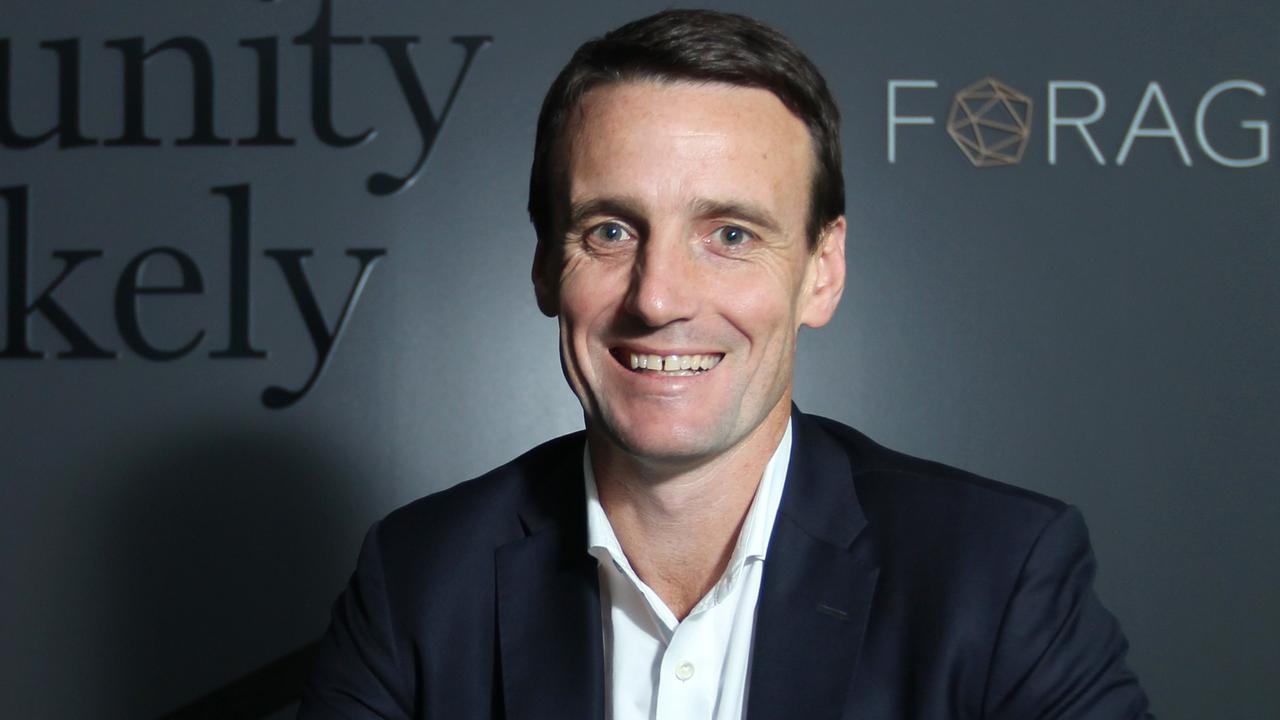Non-bank lender Liberty to keep more earnings as buffer, pay lower dividends
The non-bank lender’s CEO James Boyle is worried about whether the RBA will be able to control inflation, saying further cash rate hikes will accelerate loan arrears.

Liberty Group said that uncertainty about how borrowers will cope with the fastest increase in rates in decades was behind its decision to keep a higher portion of its earnings as a capital buffer and pay a lower proportion out in dividends in the future.
Chief executive James Boyle said Liberty customers – many of whom are considered riskier borrowers as they would struggle to get a loan from mainstream banks – would be able to bear the impact of the 12 cash rate increases since May 2022, even as cheap fixed rate loans continue to mature over coming months.
The issue, he said, would be if stubborn inflation forced the RBA to push the cash rate even higher than its current level of 4.1 per cent.
“It’s a bit of a race, in a way,” Mr Boyle told The Australian.
“Whilst it’s not easy, our customers are able to bear the impacts of the current interest rate increases. The issue would be if the current settings haven’t been enough, and inflation is higher for longer and there has to be additional rate increases. Then that would have upward pressure on arrears.”
His comments came as S&P Global said that overdue repayments on prime mortgages in the second quarter of the year had risen marginally to 0.97 per cent, while non-conforming arrears had actually fallen to 3.47 per cent, down from 3.70 per cent in the period ending March 31.
That was due to a dilution effect as loan balances rose at a faster rate than the value of non-conforming loans in arrears during the period.
“We are cautious about the next 12 to 24 months and that’s certainly reflected in the results that we’ve published,” Mr Boyle said after releasing a full-year profit that fell by almost a fifth, as both funding costs and bad debt charges spiked.
“Interest rates have been elevated significantly in the last 12 months and no one is really too sure about where the end of that is, although most people are expecting it to come sooner rather than later.”
His comments come ahead of next week’s monetary policy decision by the Reserve Bank of Australia, with most economists expecting the cash rate to be kept on hold. Many, however are predicting further rises this year amid stubbornly high services inflation.
Funding costs that more than doubled and higher bad debt charges drove a 19 per cent plunge in Liberty’s underlying profit in the 12 months to June to $187m, while “unprecedented” competition for mortgages also hurt the bottom line.
Statutory profit after tax for the 12 months to June 30 fell 17 per cent to $181m, and the company declared an unfranked dividend of 23.7c per share, up from the 21c declared last year and higher than forecast by stockbrokers polled by Visible Alpha.
The distribution was equivalent to a 75 per cent of earnings, but the company said the payout would fall closer to 60 per cent this financial year.
Impairment charges rose to $18.3m from a $0.2m recovery last year, as loans overdue 90 days or more rose to 1.5 per cent, from 1.2 per cent as of December.





To join the conversation, please log in. Don't have an account? Register
Join the conversation, you are commenting as Logout